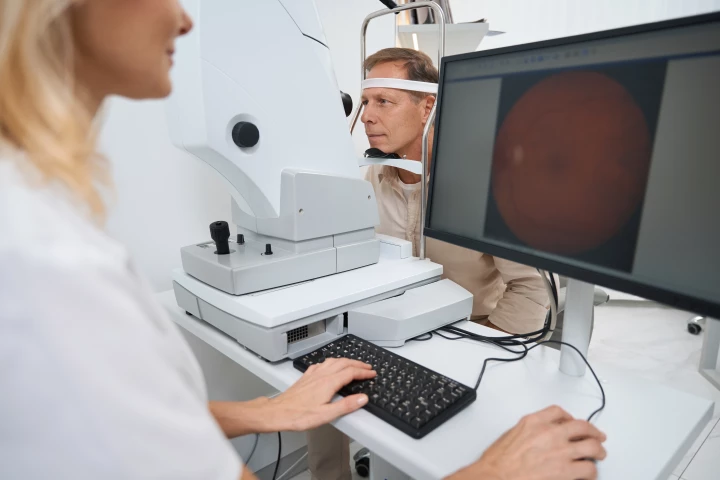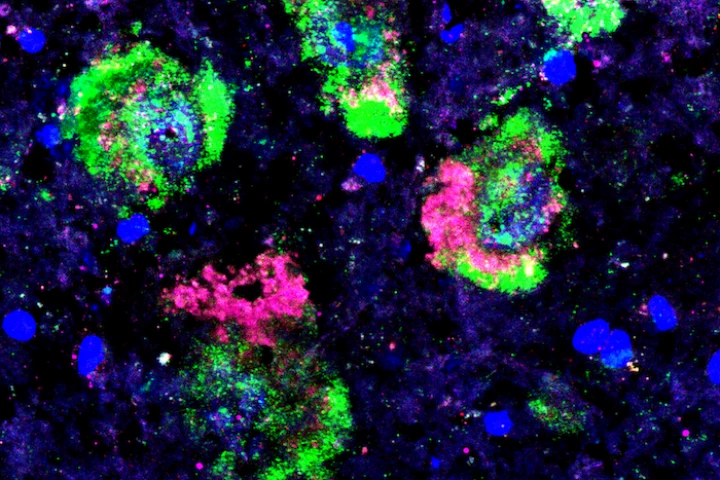Parkinson
-
While its movements are slow and gentle, Tai Chi is actually a martial art. Now, a study shows that it can not only help people learn movements grounded in self defense, but it can also help them fight the symptoms of Parkinson's Disease.
-
For the first time, scientists have identified a marker in the retina that may lead to Parkinson’s disease, and it can be detected early, which could be life-changing for those at risk of developing this or other degenerative conditions.
-
A new stem cell therapy for Parkinson’s disease, in which the donor would also become the transplant recipient, is one step closer to human trials after scientists were able to successfully grow and rebuild neurons in an animal model.
-
A million Americans are living with Parkinson’s disease, a neurological condition that, as it progresses, robs people of their quality of life. Now, a new mechanism has been uncovered that could potentially be treated to slow neurological decline.
-
Scientists probing the biological underpinnings of Parkinson's disease have made an important discovery, shedding new light on the demise of cells that drives neurodegeneration linked to the condition.
-
For around a decade, scientists researching Parkinson's disease have been probing a pathway involved in the way brain cells process energy, and now a mystery around the role of a particular protein has been solved thanks to a new live action view.
-
Having studied the brushstrokes in thousands of paintings from famous artists, researchers say that certain variations in the works over the artists' careers can point to an ongoing decline in cognitive function.
-
An ability to detect Parkinson's before it imparts irreparable damage on the brain would be a game changer when it comes to treatment. New research has raised the prospect of a low-cost eye test to catch the disease before it evolves into telltale symptoms like tremors and muscle stiffness.
-
If you've ever tried holding onto a spinning gyroscope, then you'll know how it "fights" you if you try to suddenly tip it over. Well, Imperial College London spinoff company GyroGear is utilizing that same principle in its new GyroGlove, which is designed to minimize hand tremors.
-
A team of researchers at La Trobe University is developing a blood test for earlier detection of Parkinson's disease. The team estimates that it could be available within the next five years.
-
Scientists have identified a compound that can reverse symptoms of Parkinson's and Alzheimer's diseases. The method hasn't been tested on human patients just yet, but it's been found to be effective in genetically modified fruit flies.
-
Injecting reprogrammed stem cells into the brain to tackle neurodegenerative diseases isn't a new idea, but a new technique might significantly improve the treatment. A team of scientists has developed a 3D polymer micro-scaffold that improves cell survival rates following transplantation.
Load More











